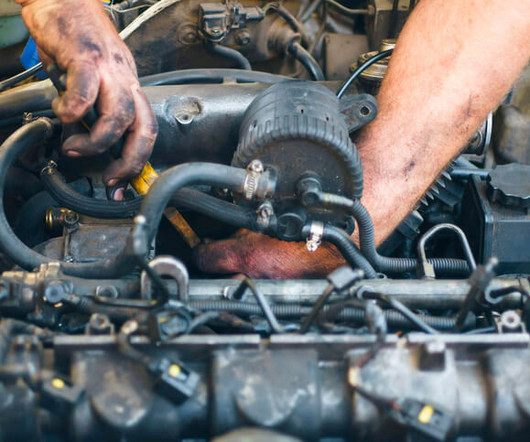4 Specializations to Consider After Diesel Mechanic Training
CATI
NOVEMBER 7, 2024
If you’re enrolled in diesel mechanic training at CATI, you’re preparing for an exciting career in a field with abundant opportunities. Many graduates of diesel mechanic courses enter the workforce as general diesel mechanics, while others specialize in specific vehicles, equipment, or systems.












Let's personalize your content